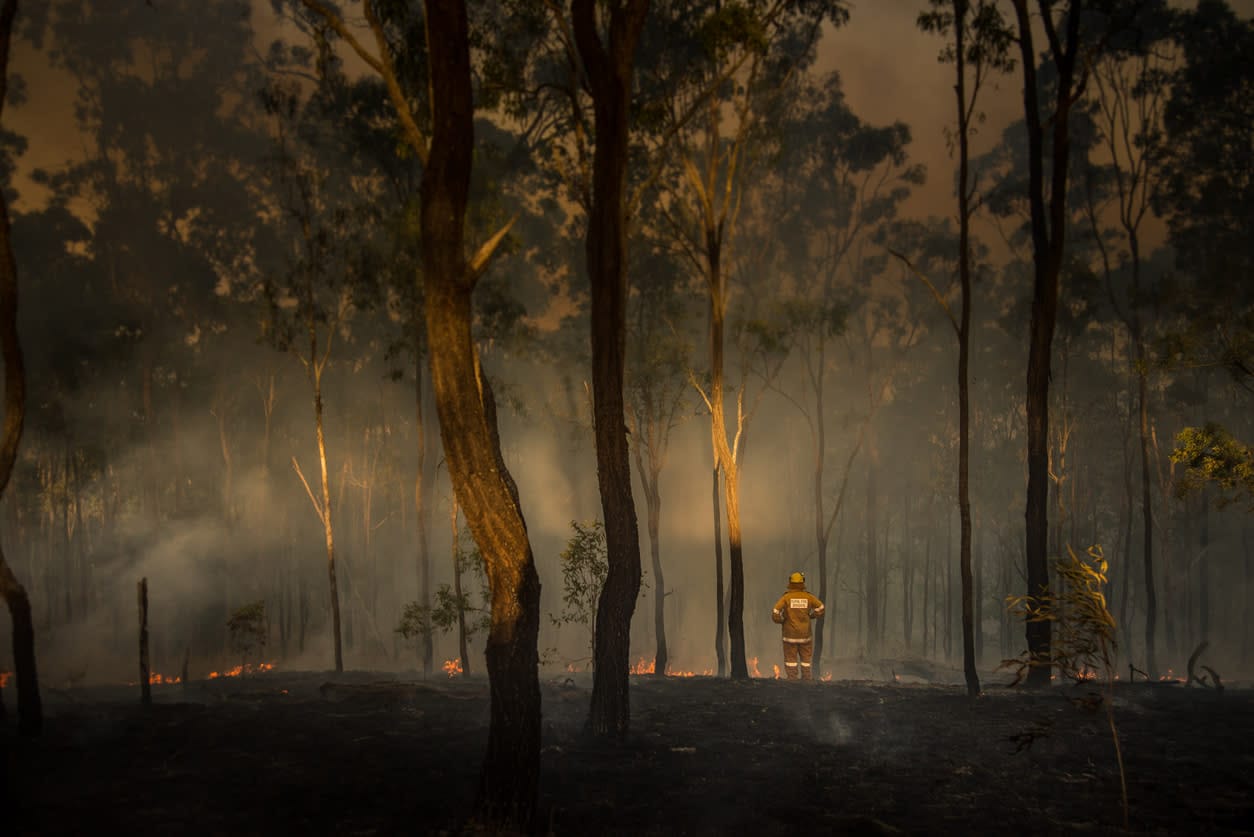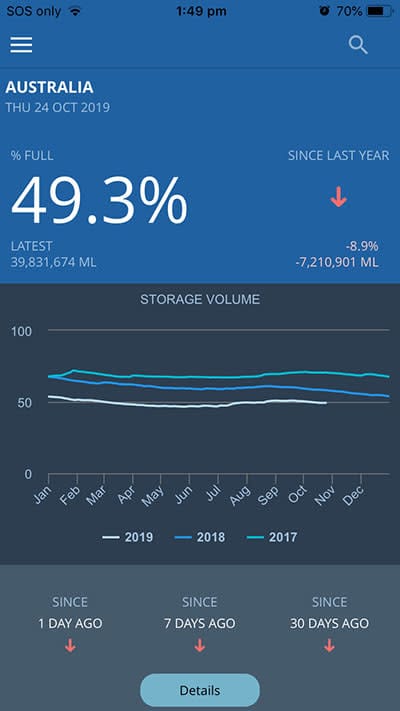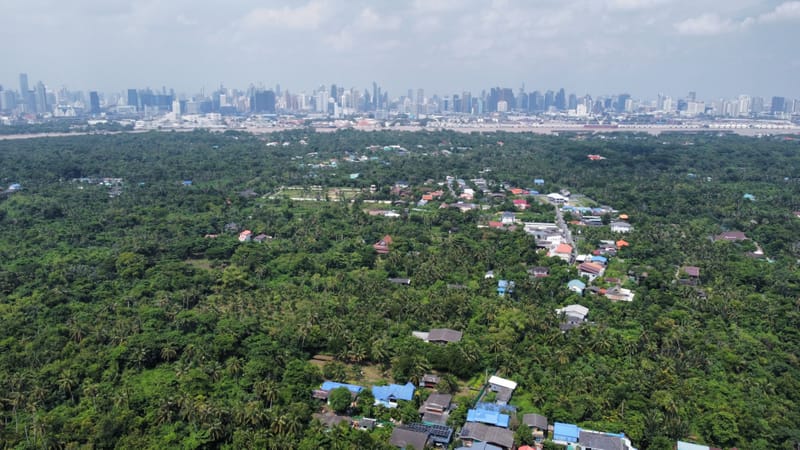
There are services available to the public that help save lives or secure prosperity, but few do both. Enter the Australian Bureau of Meteorology (BOM).
Providing data, information and insight, the BOM’s remit has expanded enormously from its founding basis in 1908 to provide daily weather forecasts.
With millions of observations ingested every day into weather models alone, it gathers a monumental amount of information, which is then interpreted and communicated to the wider public and a host of specialist organisations.

Furthermore, the Bureau today has added responsibilities as the national water information agency. Nationally, it forecasts streamflow, and monitors more than 95 per cent of water in storages and groundwater. It also provides ocean forecast services and even ventures into ‘space weather’, tracking solar flare activity.
Contributing to the latest wave of operational innovation is Monash University engineering alumnus Graham Hawke, the BOM’s chief strategy officer.
He explains the BOM’s work is of increasing importance to a growing list of sectors, including agriculture, aviation, energy and resources, transport, national security and water.
“The need for more local, frequent, customised services drives our science and technology.”
Helping to meet that need are algorithms that produce increasingly accurate weather forecasts, but also produce sophisticated seasonal climate outlooks.
“People often misunderstand the relationship between weather and climate, and presume climate models are separate, esoteric and less trustworthy,” he says. “But at the heart of climate models is the weather model operating with additional components of the environment – ocean, ice and carbon cycles.”
Practical insights through partnerships
This enhanced forecasting capability is combined with deep understanding of the implications of weather events for climate-sensitive industries.
This is increasingly of interest to the BOM’s customers, some of whom are embedding meteorologists in their operations. The quintessential example is the BOM’s partnership with Australian emergency services, helping to respond to extreme weather events in one of the world’s most weather and climate-exposed nations.
Hawke explains the BOM’s collaborations are expanding. He cites the example of sharing weather and climate data with the energy sector, and providing briefings on extreme heat, which can impact electricity supply and demand. This enhanced engagement is moving the BOM towards an ever-smarter and more creative operating capacity, and with it comes the need for strategic oversight of its operating systems.
That’s Hawke’s role – to foster a dynamic operating environment that can respond strategically to profound shifts in risks and opportunities.
Fundamental to the way he fills that role is tapping into the ‘virtuous cycle’ of information flow made possible through partnerships, such as with the UK Met Office, CSIRO, Geoscience Australia and universities. “They enable information to flow from the BOM as we obtain insights about our customers’ needs,” he says.
"I believe important attributes for growth are being inquisitive, hungry to learn, and taking responsibility for one’s own personal and professional development. Do that and we can embrace change as an ongoing transformational process."
It amounts to a way of learning that Hawke has fostered throughout his career, illustrated, for example, by his role as chair of the BOM’s Reconciliation Action Plan Reference Group, which was implemented to improve connections with Indigenous communities, create meaningful partnerships and employment opportunities.
“I’ve found that involvement in joint ventures and board appointments accelerates learning, through exposure to different domains and organisational settings,” he says. “As a result, my career has been relatively broad.”
Looking out to the future

Since graduating from Monash in 1981, he’s worked in transport planning, local government, facilities management and consulting, and has led a successful ‘turn-around’ of an environmental monitoring business.
It was his 14-year stint as strategic and technical general manager at Southern Rural Water, however, that provided the foundations for his award-winning, water-related work at the BOM, undertaken with CSIRO.
This involved quantifying Australia’s water resources (conveyed on the BOM’s Water Storage app), developing water assessments and streamflow forecasts.
Now, as the climate changes, Hawke’s flair for intersectional learning is helping the BOM to underwrite Australia’s public safety, economic prosperity, community wellbeing, ecosystem health and national security.
“That’s why strategic thinking is important to the BOM,” he says. “It’s about looking out to the future. It’s an outward orientation that scans for opportunities as well as dangers.”
Actioning these insights, however, requires an inward focus and the ability to transform how the BOM does business. Succeeding in that role starts with being attuned to the evolving needs of its customers, then matching capability informed by a deep-seated grounding in the BOM’s technical fundamentals and knowledge of what staff need to excel to meet future demands.
“I believe important attributes for growth are being inquisitive, hungry to learn, and taking responsibility for one’s own personal and professional development,” he says. “Do that and we can embrace change as an ongoing transformational process. Then, we can better adapt, grow and thrive.”





